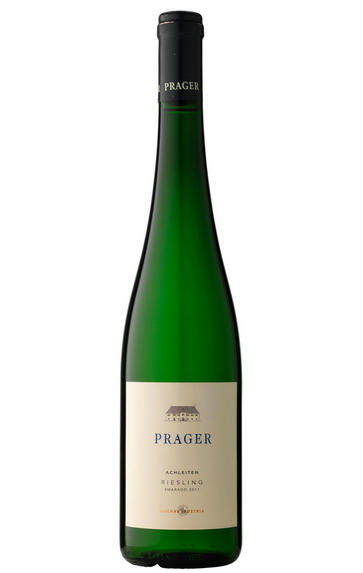
2022 Riesling, Smaragd, Achleiten, Prager, Wachau, Austria
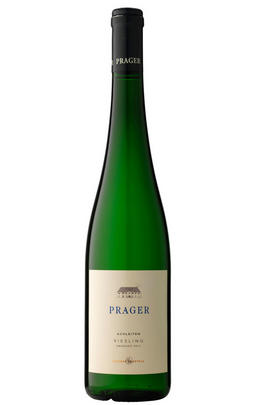
Critics reviews
Rich, broad and floral – given it blind, I might almost guess Gewurz! Such a contrast to the Steinriegel Federspiel! Though actually, in this wine, the balance between richness and acidity sees about right. Though there is still a lot of chew on the end, so no hurry to drink.
Drink 2024 - 2030
Jancis Robinson MW, JancisRobinson.com (September 2023)
About this WINE
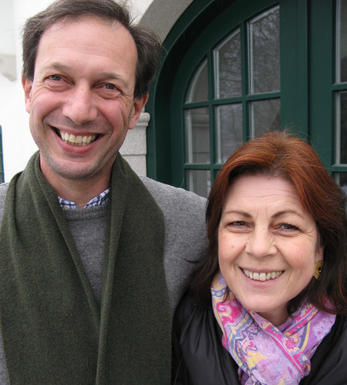
Weingut Prager
Weingut Prager is run by Toni Bodenstein, son-in-law of Franz Prager and one of the most celebrated winemakers in Austria today. Toni has run the estate for a number of years now and is the foremost authority in the region on the hugely diverse microclimates across the valley. Earnest but very likeable, he has made a minute geological study of this extraordinary terroir. Southfacing and running down to the Danube, his Achleiten vineyard yields both Grüner Veltliner and Riesling from the top Smaragd classification.
In short the wines are incredibly rich but also fresh and crisp. The Grüner Veltliner has a black pepper facet and a steely backbone to frame its feminine charms; the Riesling is farmed from 24 terraces, each one contributing a rich nuance. From the high ground comes the Wachstum Bodenstein Riesling, an undeniably complex beast, perfumed and exotic yet seriously dry and steely; an awakening enigma. With flavours running the gamut and scents of great sensibility, these wines are united by an incredible purity.
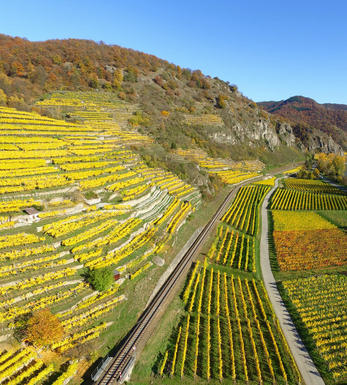
Wachau
The sweeping, steep terraces of the Wachau, in Lower Austria, on the northern banks of the Danube, an hour’s drive west from Vienna, are home to Austria’s greatest dry white wines.
Here Riesling and Grüner Veltliner excel in producing wines of startling purity and pristine intensity. The climate changes slightly to produce the warmer, richer wines around Dürnstein and Loiben, to steely yet opulent wines around Spitz.
Recommended Producers
Toni Bodenstein of Weingut Prager epitomises the former, whilst Franz and Irmgard Hirtzberger’s vineyards are the ultimate expression of the latter. The region uses a unique system of classification to indicate the level of ripeness at harvest. Steinfeder is the lightest, with an alcohol of around 10%, then Federspiel, which must not exceed 12% and finally Smaragd, named after an emerald green lizard found in the vineyards, which are assertive, late-harvested wines, but fermented to dryness.
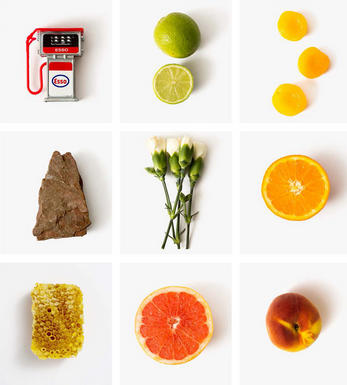
Riesling
Riesling's twin peaks are its intense perfume and its piercing crisp acidity which it manages to retain even at high ripeness levels.
In Germany, Riesling constitutes around 20% of total plantings, yet it is responsible for all its greatest wines. It is planted widely on well-drained, south-facing slate-rich slopes, with the greatest wines coming from the best slopes in the best villages. It produces delicate, racy, nervy and stylish wines that cover a wide spectrum of flavours from steely and bone dry with beautifully scented fruits of apples,apricots, and sometimes peaches, through to the exotically sweet flavours of the great sweet wines.
It is also an important variety in Alsace where it produces slightly earthier, weightier and fuller wines than in Germany. The dry Rieslings can be austere and steely with hints of honey while the Vendages Tardives and Sélection de Grains Nobles are some of the greatest sweet wines in the world.
It is thanks to the New World that Riesling is enjoying a marked renaissance. In Australia the grape has developed a formidable reputation, delivering lime-sherbet fireworks amid the continental climate of Clare Valley an hour's drive north of Adelaide, while Barossa's Eden Valley is cooler still, producing restrained stony lime examples from the elevated granitic landscape; Tasmania is fast becoming their third Riesling mine, combining cool temperatures with high UV levels to deliver stunning prototypes.
New Zealand shares a similar climate, with Riesling and Pinot Gris neck to neck in their bid to be the next big thing after Sauvignon Blanc; perfectly suited is the South Island's Central Otago, with its granitic soils and continental climate, and the pebbly Brightwater area near Nelson. While Australia's Rieslings tend to be full-bodied & dry, the Kiwis are more inclined to be lighter bodied, more ethereal and sometimes off-dry; Alsace plays Mosel if you like.


Buying options
Add to wishlist
Description
We are back to the western slopes of the Achlieten vineyard with this Smaragd, with vines planted in even, diagonal lines at around 300m elevation. This is a rounder and more inviting Riesling than expected, perfect for encouraging newcomers to the Riesling grape to experience the complexities it has to offer.
There are hints of candied limes and a subtle honey sweetness on the nose, while the palate has a charming structure and broad notes of apricot and peach. The acidity is fresh but not overwhelming, resulting in a classic, crystalline Riesling Smaragd with a salty, mineral finish.
This has all the structure and complexity to drink now until 2045.
Katie Merry, Assistant Buyer, Berry Bros. & Rudd (August 2023)
wine at a glance
Delivery and quality guarantee